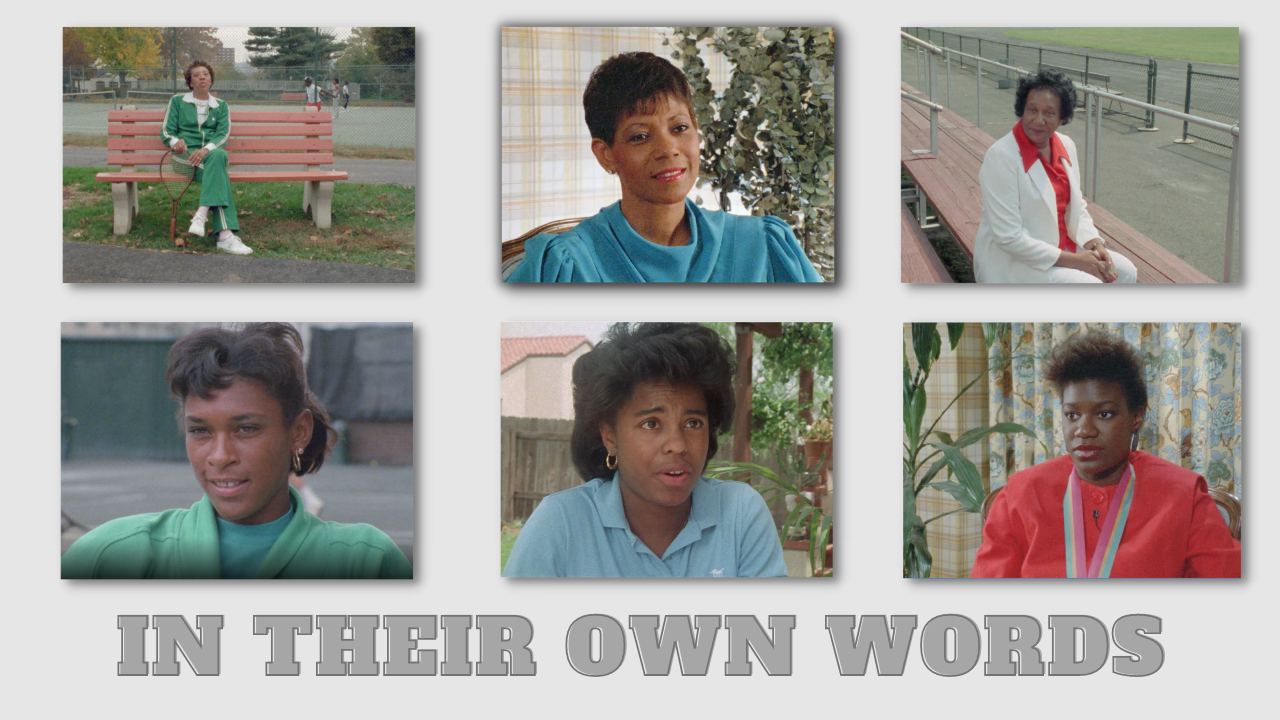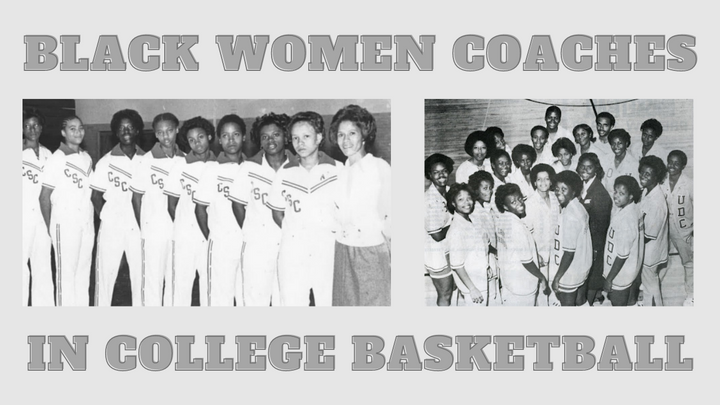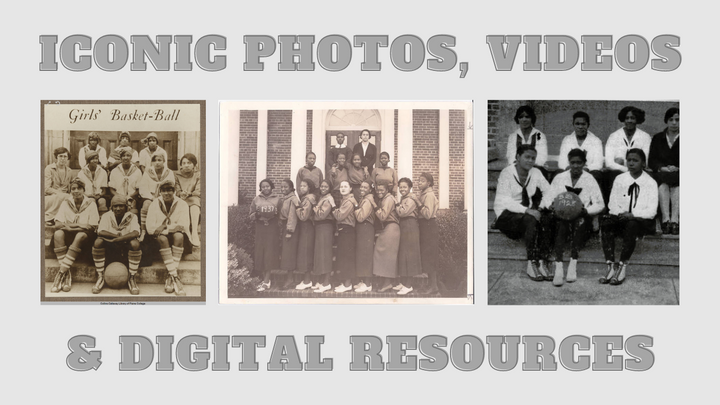In their own words: The importance of oral histories
Why oral histories are important and a resource featuring rare interviews.

The first time I heard Althea Gibson, Alice Coachman or Wilma Rudolph speak was on May 3, earlier this year, when I learned about the Black Champions oral history video interviews.
I knew who they were, I'd seen them in photos or (silent) videos, but I'd never heard them say anything. I'd never heard their voices. I believe we connect deeper when we hear someone's voice, that's why podcasts are such an intimate medium.
The Black Champions produced 32 interviews in full – six featuring Black women: Althea Gibson, Alice Coachman, Benita Fitzgerald-Brown, Evelyn Ashford, Wilma Rudolph, and Zina Garrison.
They are a part of the The William Miles Collection, shared by Washington University in St. Louis and made digital and publicly available thanks to a grant by the National Historic Publications & Records Commission.
Even the description of the archive reflects why The Black Sportswoman exists: “The contributions of Black female athletes often is overlooked in sports histories, and filmed interviews with such women are not nearly as common as those with their male counterparts.”
Yes.
Not only do these oral histories allow us to better connect with these athletes, it’s important for Black women athletes to speak for themselves, about their lives, careers and experiences. Often these women are spoken about or to, but it's important for us to listen to what they have to say, whether it's about how they feel, how they've lived or how they need help moving forward.
In these oral histories you learn more details about them, their childhoods, their general interests, careers, and their contributions to sports history. But you also learn about them as competitors. What motivates them? What questions/issues are they tired of (sometimes just based on their body language)? What do they like or dislike? What stands out about their voices and personalities?
While watching, I started to feel that Althea Gibson and Cheryl Miller shared similar voices and mannerisms. This is not something I’d use in a story, but how interesting is that, to see.
Interviews like this, especially video but audio also works, helps us see these athletes as full people – not just athletes, not just people who overcame racism, sexism, homophobia or anything else (though sometimes those things aren't even acknowledged).
This all blew my mind. Instead of talking too much, I’ll just share the interviews, so you can watch them for yourselves. The brief description of the athletes comes from the WUSTL website:
- Althea Gibson - Althea Gibson was the first African American to win a Grand Slam tennis title in 1956 and, in all, she won eleven Grand Slam tournaments, five singles, five doubles, and one mixed doubles title.
- Alice Coachman - Alice Coachman Davis was a track and field athlete who specialized in the high jump. In 1948, she became the first Black woman to win an Olympic gold medal and may well have done so sooner had the games not been cancelled in 1940 and 1944.
- Benita Fitzgerald-Brown - Benita Fitzgerald Mosley (formerly Benita Fitzgerald-Brown) made the 1980 U.S. Olympic team but was kept from competing by the U.S. boycott of the Moscow games. She got her opportunity at the 1984 Olympics in Los Angeles, where she won the Olympic Gold medal for the 100-meter hurdles.
- Evelyn Ashford - Evelyn Ashford competed at four Olympic Games over her remarkably long career, winning four gold medals and one silver. She broke numerous national and world records in the 100m and 200m dashes.
- Wilma Rudolph - Wilma Rudolph was the first American woman to win three gold medals in one Olympics, in 1960.
- Zina Garrison - Zina Garrison is a three-time Grand Slam mixed doubles tennis champion. At the 1988 Seoul Olympics, she won a gold medal in women's doubles tennis and a bronze medal in singles.
Thank you for supporting The Black Sportswoman. With your help, eventually I’ll be able to start doing these oral histories, too.
If you liked this article, tell one friend about The Black Sportswoman and encourage them to join our free email list. I'll be back in your inbox on Thursday.



Comments ()